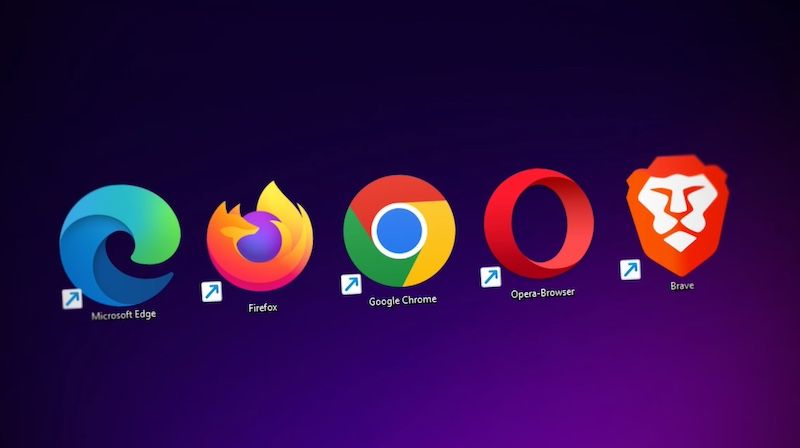Summary
- Google and Apple have a long-standing business relationship, but Google’s presence as the default search engine on Safari is under scrutiny by the DOJ.
- Google struggles to convince iPhone users to switch to Chrome, with the current percentage at 30%.
- The EU’s DMA rules could provide an opportunity for Google to attract more iPhone users by offering Chrome as an alternative to Safari during device setup.
Despite their status as rivals in the operating system and smartphone market, Google and Apple have forged an extensive business relationship. From introducing RCS messaging to iOS to integrating Gemini AI into Apple Intelligence and combating unwanted tracking, Google and Apple have consistently demonstrated their ability to work together as trusted partners.

Related
Google is giving Chrome’s Read Aloud feature a major quality-of-life upgrade on Android
A small change that will have a huge impact
However, one aspect of Google’s and Apple’s business that remains almost undisclosed is Google’s presence as the default search engine on the Apple Safari browser. Last year, a trial against Google, initiated by the US Department of Justice, revealed that Apple receives a 36% cut of Google’s search revenue from Safari. Additionally, Google handed out around $20 billion to Apple to preserve its position as the default search engine for Safari users. Yet, the looming antitrust case against Google could potentially disrupt these long-standing agreements with Apple.
Google struggles to convince iPhone users to switch to Chrome
As reported by The Information, the DOJ’s antitrust case against Google will reach a final verdict in a few months, determining the fate of Google as the default search engine on iPhones. This impending verdict has the potential to significantly disrupt the tech industry, as it could force Google to sever its long-standing ties with Apple and find alternative ways to reach iPhone users.
Google has already pledged to increase the number of Chrome searches on iPhones to 50% by 2030. While the number now sits at 30%, a slight increase from 25% five years ago, Google seems to be behind schedule and might not be able to fulfill its goal. As the outlet says, the process has faced setbacks since mid-2023.
As more iPhone users turn to Chrome for search, Google will eventually have to pay less money to Apple and protect its business from antitrust cases, mostly focusing on the company’s anticompetitive practices. In case Google loses the ongoing antitrust case, it will have to ditch ties with Apple, resulting in losing around 70% of searches done on iPhones.

Related
The EU’s new default browser rules work; here’s what it means for the US
Smaller web browsers in the EU are seeing a spike in users as DMA rules take affect
Convincing iPhone owners to switch to Google Chrome from Safari is no easy task. Safari comes pre-installed on iOS devices and is deeply integrated into the Apple ecosystem, offering a seamless search experience. Just as you cannot easily convince Android users to switch to a new browser, the same holds true for iPhone users.
But there might be hope for Google — in Europe
However, there might be a silver lining to Google in Europe. As part of the EU’s DMA rules, Apple and Google are required to allow users to freely choose their browser, search engine, and virtual assistant when setting up their device for the first time. This rule change, starting from iOS 17.4, presents a significant opportunity for Google. Apple customers in the EU are now presented with a list of the 12 most popular browsers in the App Store, including Google Chrome, offering a potential alternative to Safari.
If Google wants to encourage more iPhone users to switch to Google Chrome, focusing on convincing new European customers could be easier than trying to convince existing Safari users. Sweetening the pot by adding AI features to Chrome could also help Google move more users away from Safari. However, this strategy also means that Google would become more dependent on the European market, which could have its own risks and challenges.
Source link


